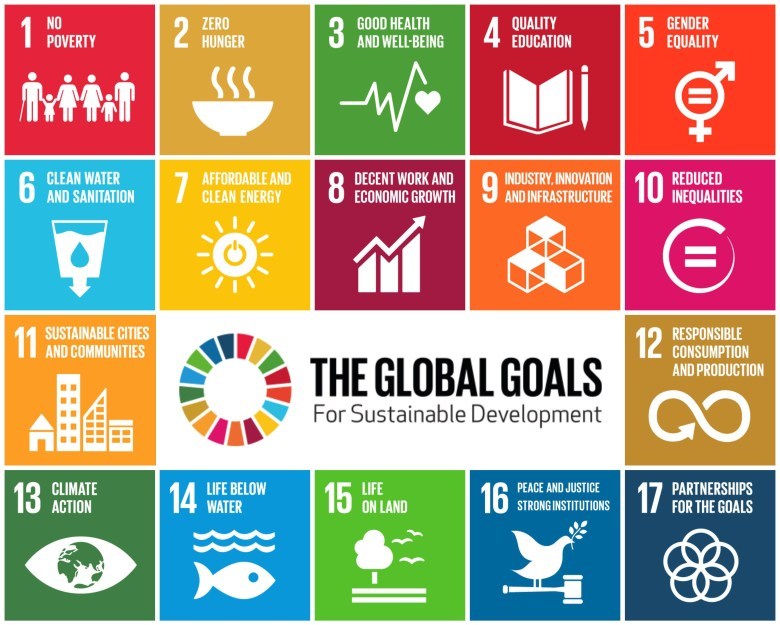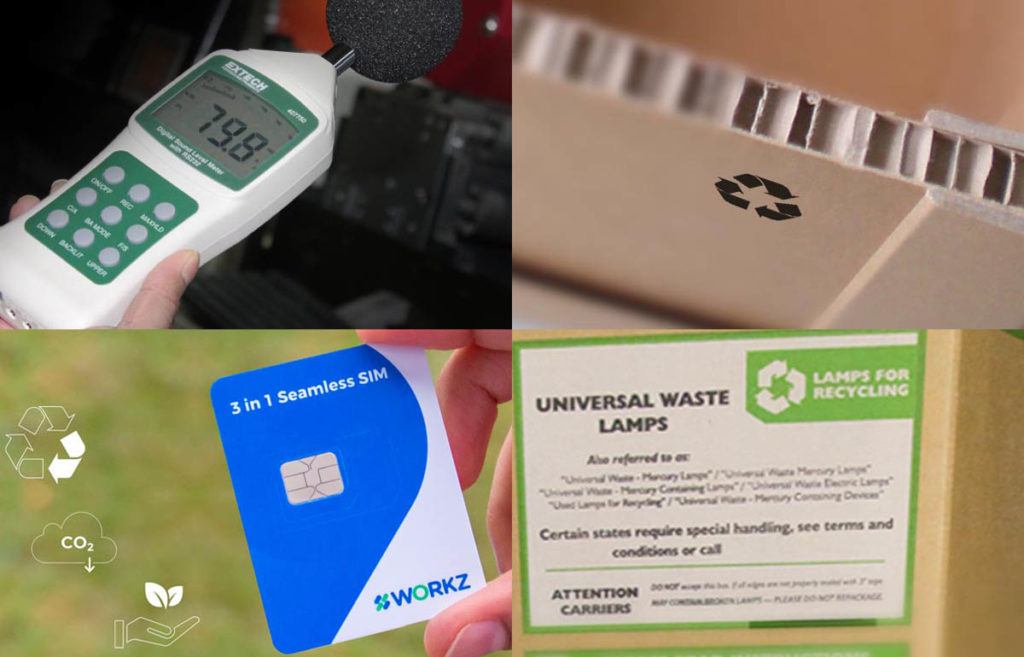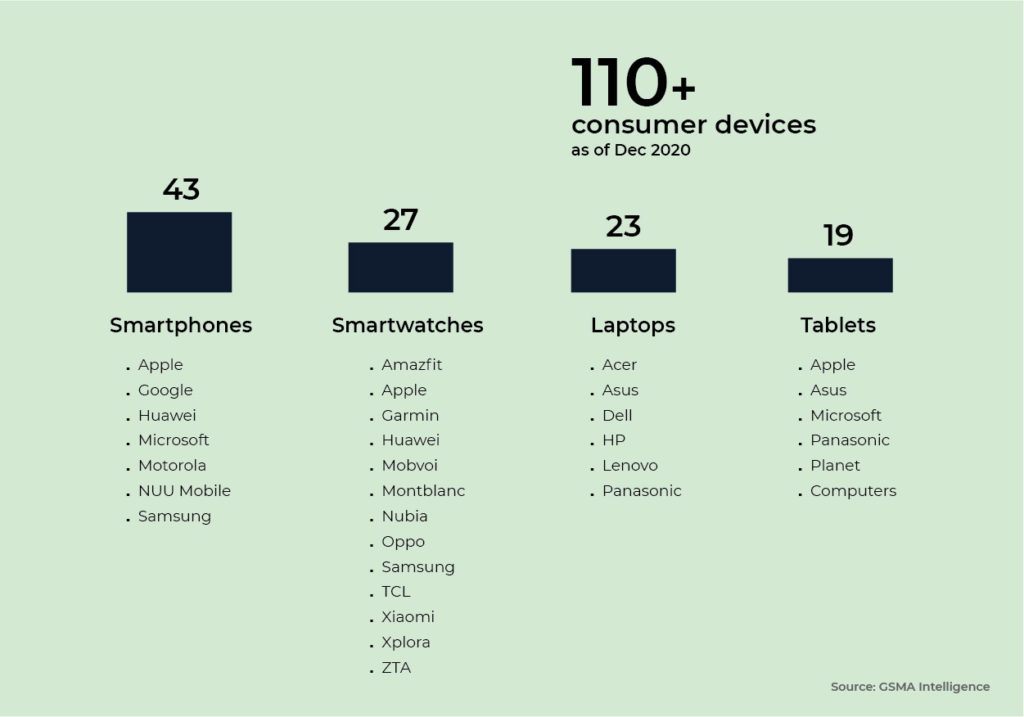Core sustainability concepts such as Corporate Social Responsibility and Circular Economy have permeated every level of global society in recent years. From the consumer through to trade and commerce, the fundamental and basic ways in which we move, trade and interact are shifting in important and profound ways. Through global protest or simply voting with their wallet, the consumer is increasingly determining the pace and magnitude of transformation. Recent reports demonstrate that 74% of consumers are willing to pay more for products utilising sustainable packaging. And this increased pressure is translating directly into business practices: whereas in 2011 a mere 20% of S&P 500 companies published a CSR report, this figure jumped to 81% in 2015.
Moreover, this sustainable transition is broadening out at the legislative level: through comprehensive multilateral initiatives such as the EU’s Green New Deal and New Circular Economy Action Plan. Essentially, companies that omit environmental considerations and focus instead exclusively upon profit maximisation must contend with a loss of profitability through taxation and penalties, as well as rejection from increasingly environmentally conscious consumers.
The UN’s sustainability goals

Two crucial mechanisms for levying such penalties within the European sector are the EU plastic tax (targeting non-recyclable plastic) and carbon taxations (setting tariffs on carbon-intensive products entering the common market). Informed at the global level through the UN Sustainable Development goals, such comprehensive, forward-thinking programmes are set to become a norm across the globe. Canada, Japan and China have been steadily implementing, embedding and codifying circular economy thinking into legal and economic life. Emphasised in recent months most notably by the USA’s renewed commitment to the Paris Climate Accord, this comprehensive transformation is set to develop momentum through the decade. Characterised by rapid obsolescence through technological advancement and shifting consumer desires, this shifting landscape will undoubtedly shape and influence the mobile industry significantly over the coming years.
Workz outlines here the primary methods in which MNOs can foster this sustainable transition and stay ahead of this industry-wide seismic repositioning. The primary focus is the shift away from linear production-consumption economic models toward circularity through product design and operational modification. The key SIM solutions we identify are reductions in card size; the utilization of R-PVC (Recycled PVC) and biodegradable PVC for the SIM card body; biodegradable packaging; reductions in superfluous packaging materials; and the employment of easily deconstructed and recycled raw materials. In essence, holistic product stewardship from each end of the supply-chain. Moreover, the evolution of a truly sustainable SIM entails the streamlining, standardisation and optimisation of processes and operations – efficient demand planning for optimal shipping, as well as the utilization of land and sea freight over air.
Workz sustainable initiatives

Furthermore, the digitalisation of products and services broadens possibilities for sustainable SIM solutions. Digitalisation circumvents unsustainable production-consumption, bypasses scalability limitations, and insulates MNOs from economic crises that impact vulnerable and drawn-out supply chains. Of primary importance is the expansion of digital remote provisioning of embedded smart elements in mobile devices, the availability of online app alternatives, and digital subscriber registration options. eSIM technology, for instance, is being heralded by numerous industry experts as a game changer, predicted to draw a Compound Annual Growth Rate of 28% between 2020-2027. The sustainable transition is gaining traction within the industry, with eSIM options available through most new smart phones, from iPhones to Galaxies, to the Motorola Razr, the first eSIM only smart phone.
Growing list of eSIM devices

Studies demonstrate that the most environmentally conscious consumers lie in the 18-34 demographic. Essentially, the demographic most likely to demand change is the demographic that purchases mobile technology at the highest rate. Crucially, sustainability in telecoms sends positive signals to the market, resonates with increasingly environmentally-conscious consumers, and provides unique opportunities to MNOs to elevate and entrench their position within the market. As President and CEO of Telia company, Allison Kirkby writes, the telecommunications industry currently exists as “both part of the problem and solution” – possessing great potential to draw communities together to tackle global environmental problems, whilst simultaneously having much to do in order to tackle its negative environmental impact. As a global leader in mobile IoT solutions, Workz provides MNOs with the tools required to achieve this, whilst embedding sustainability at a fundamental level.


